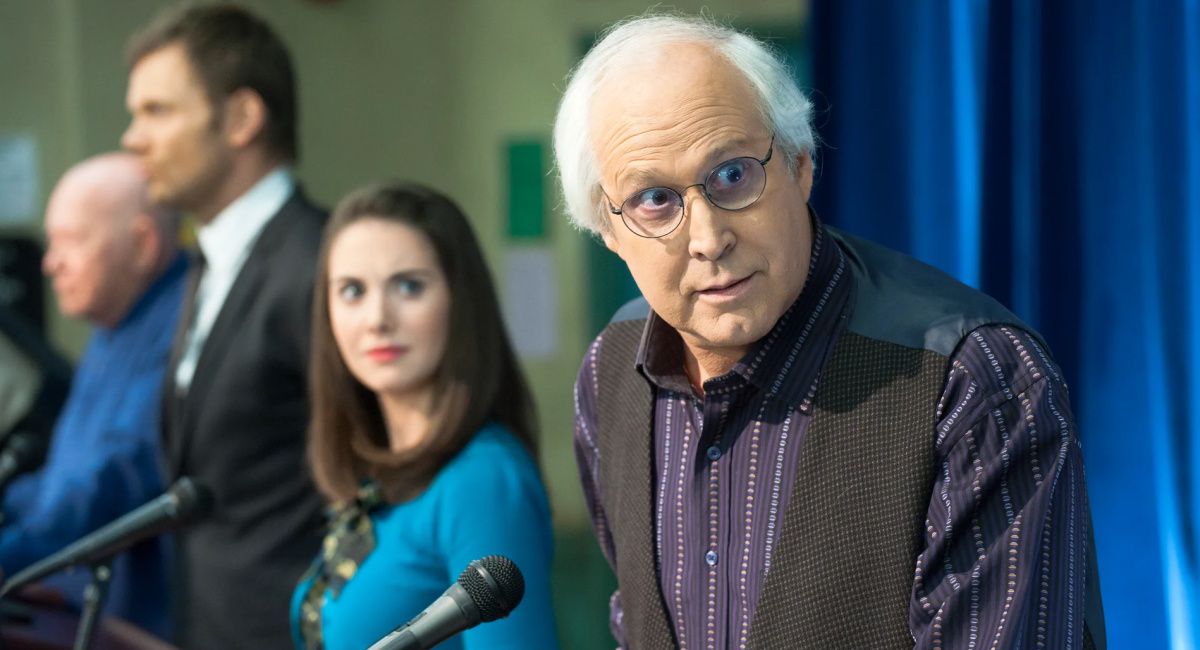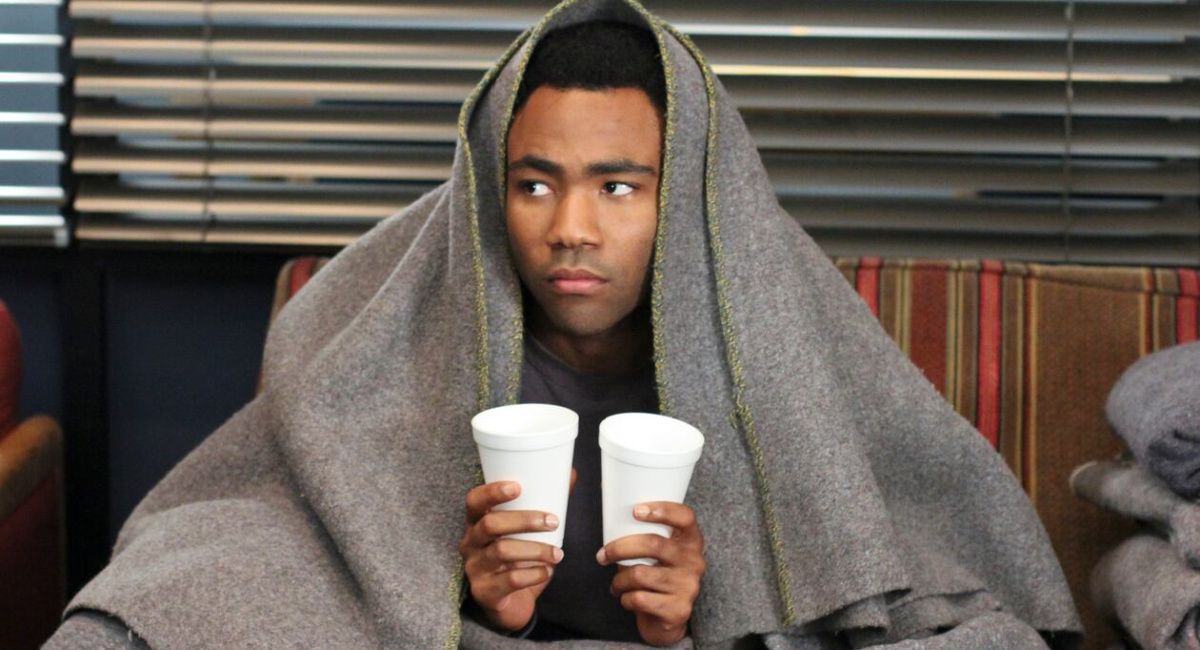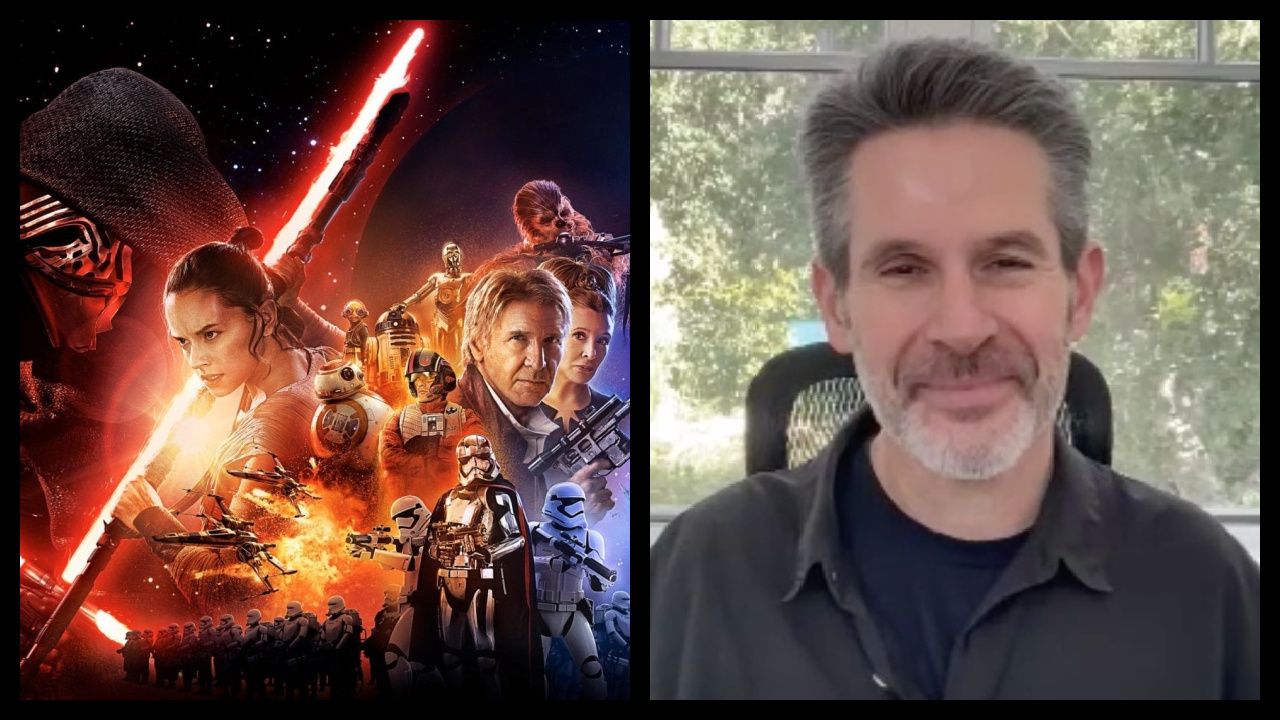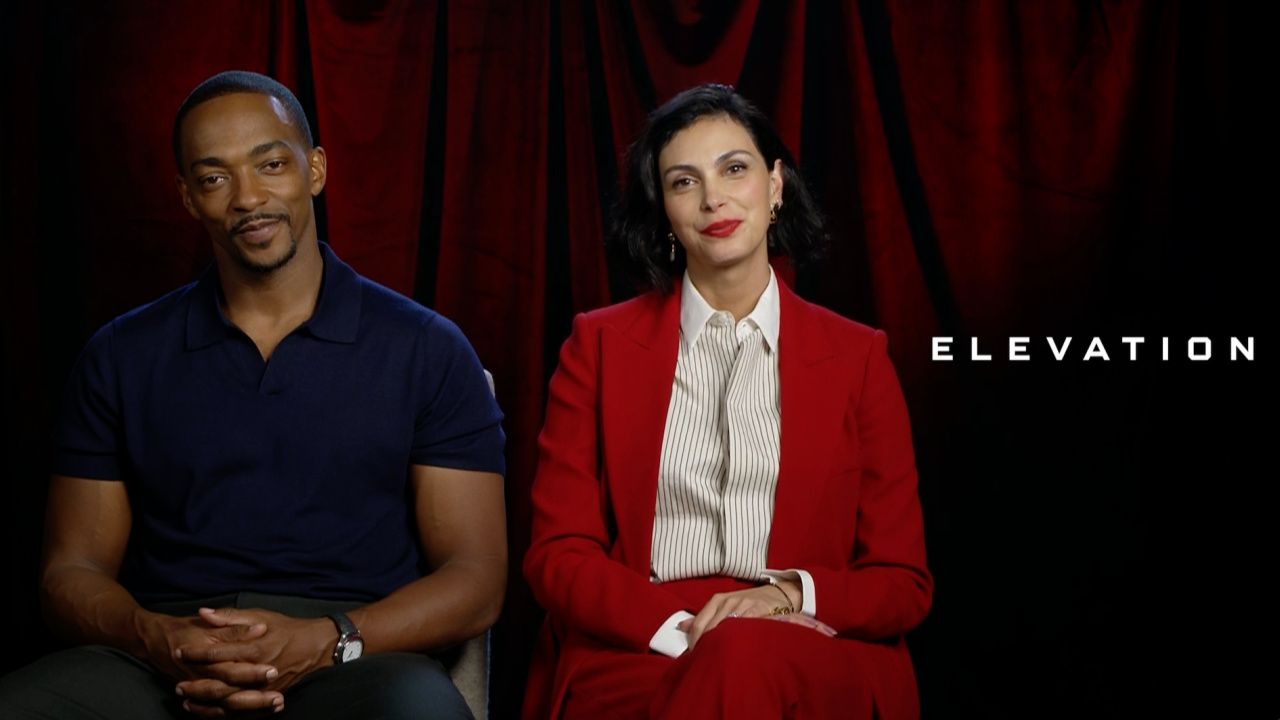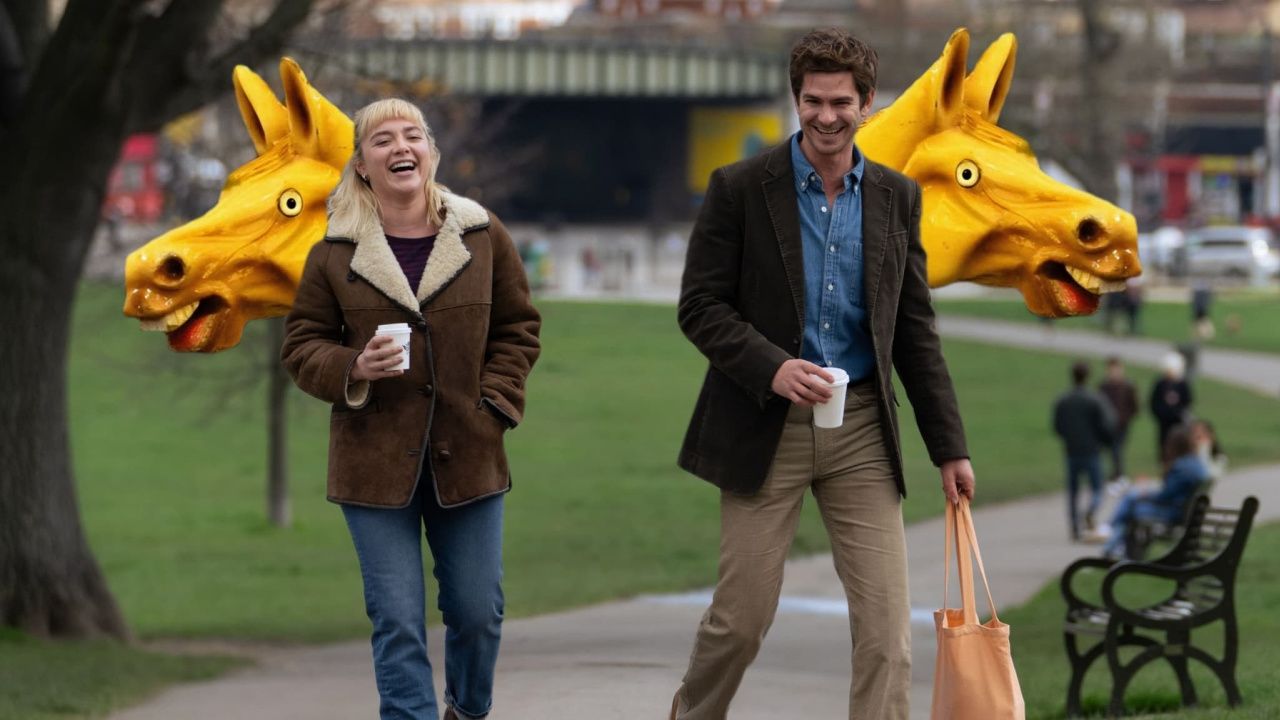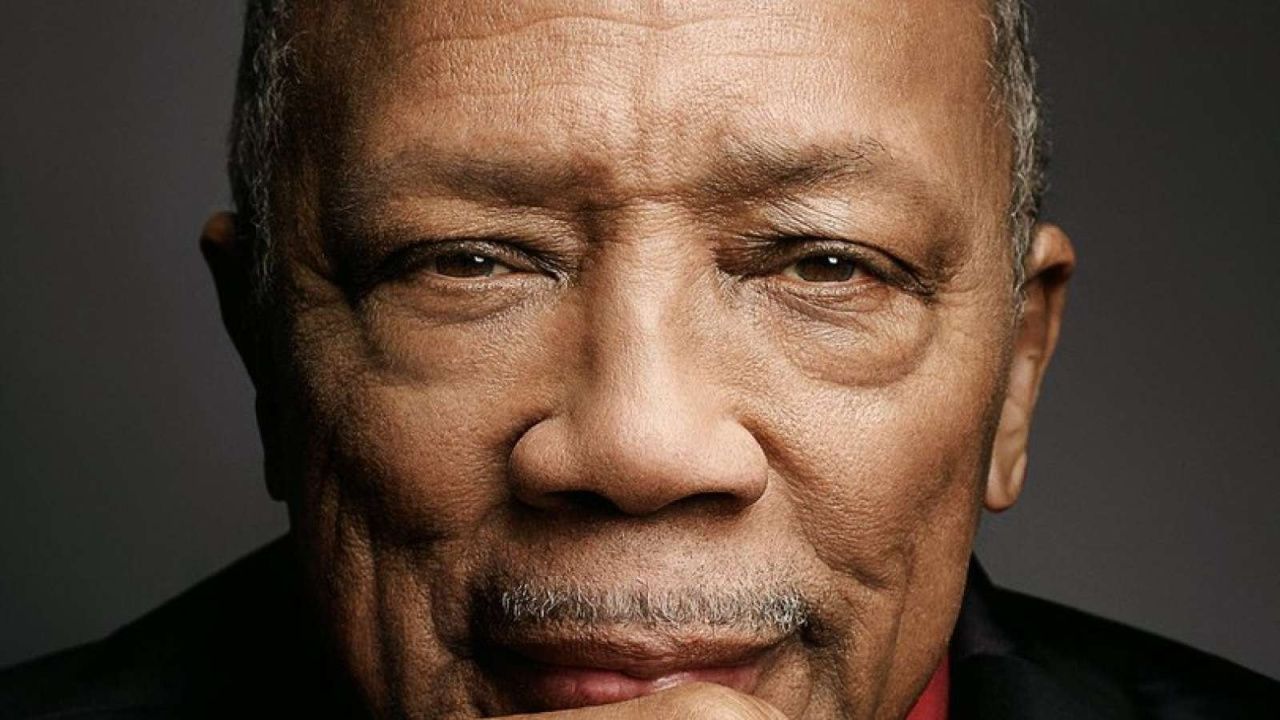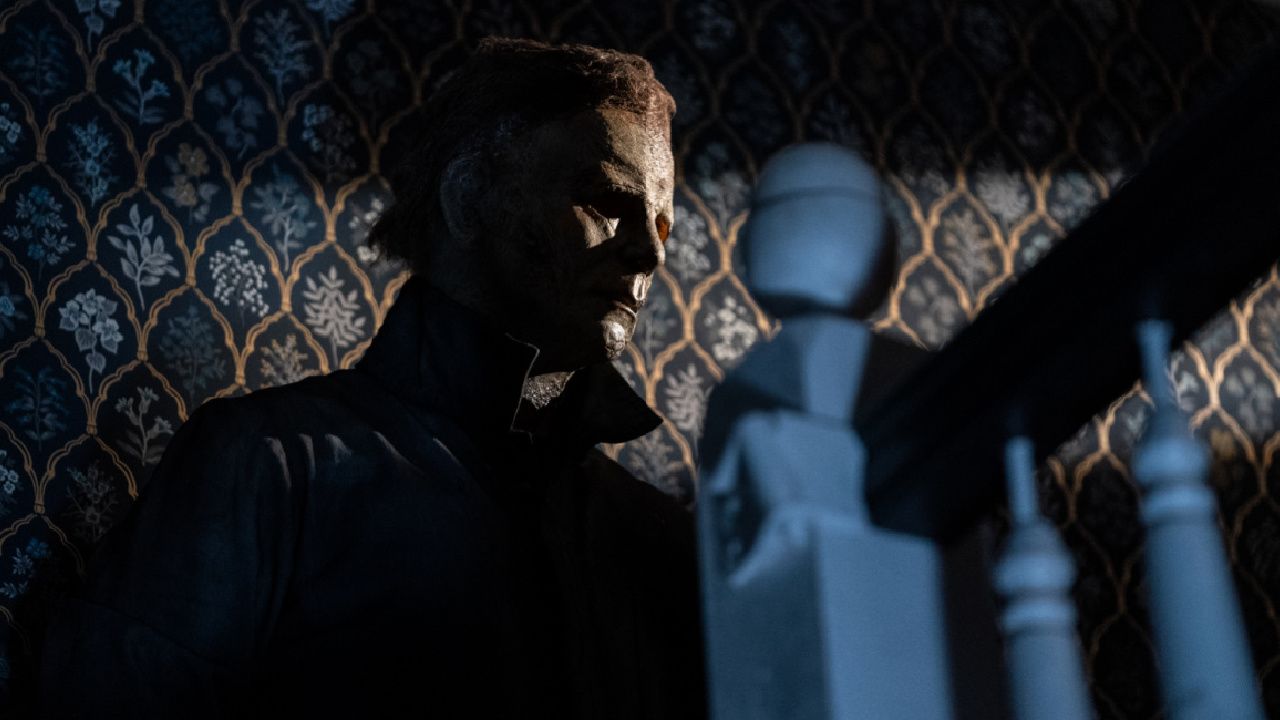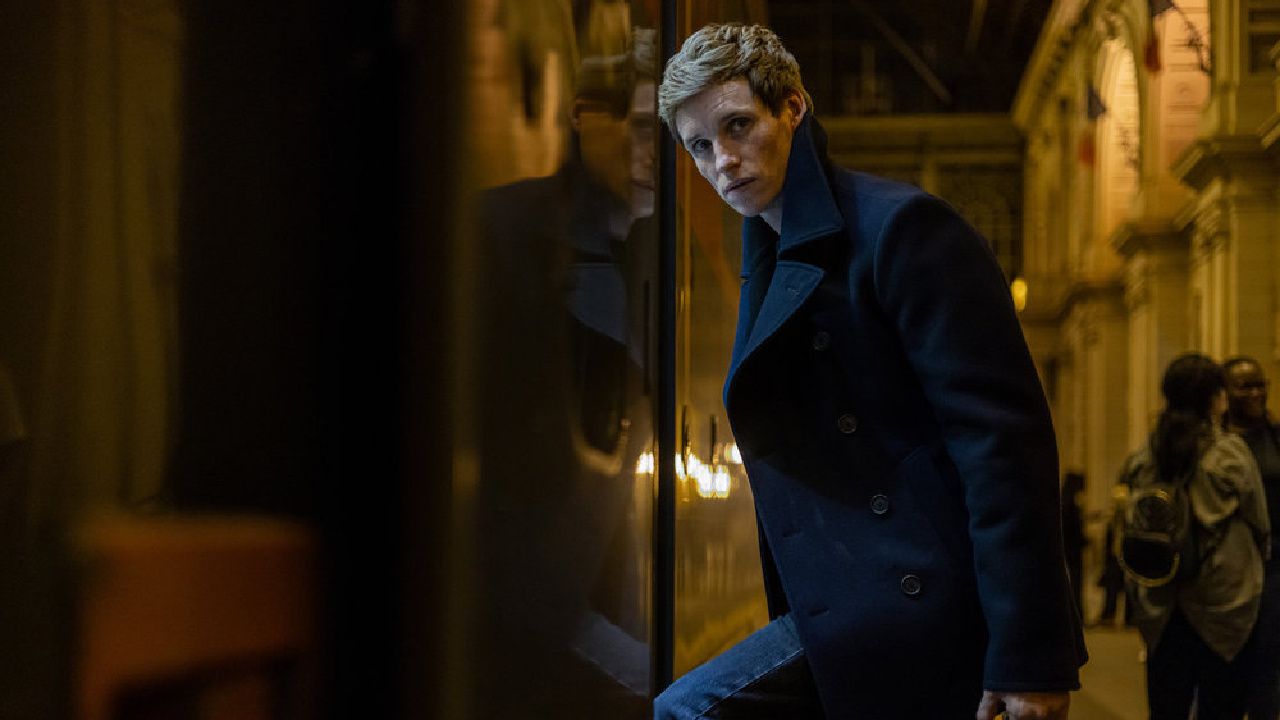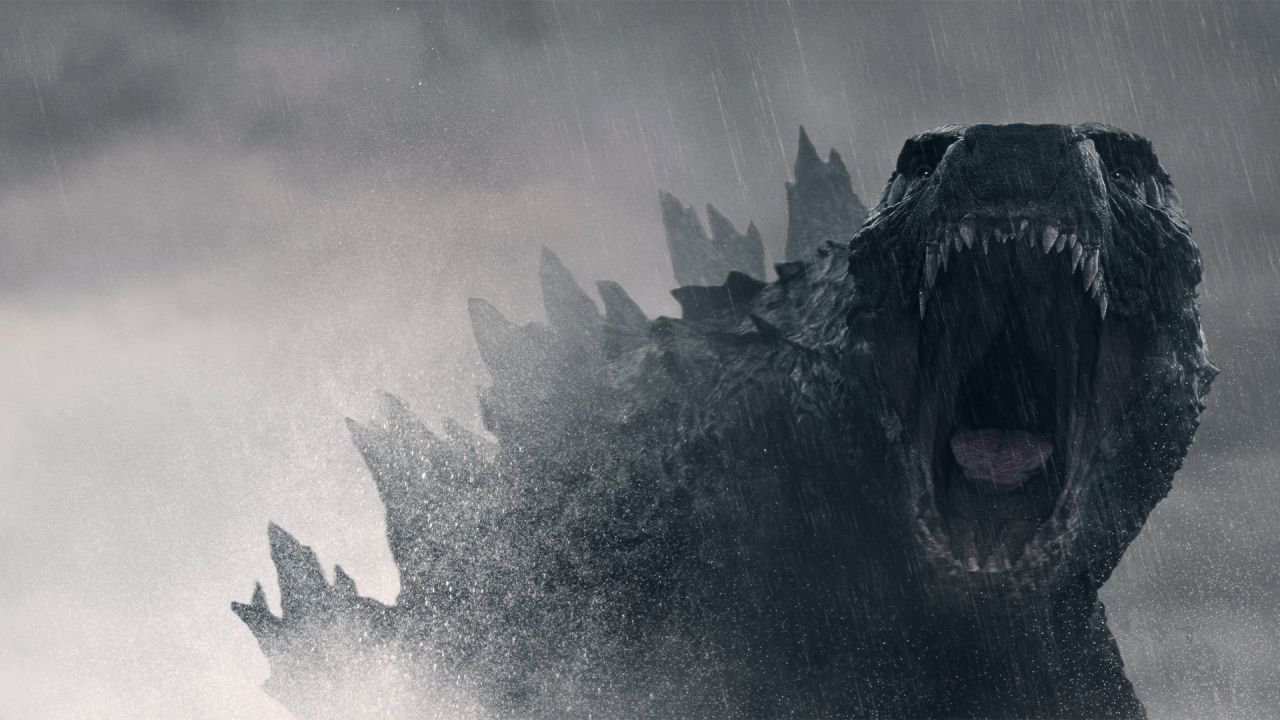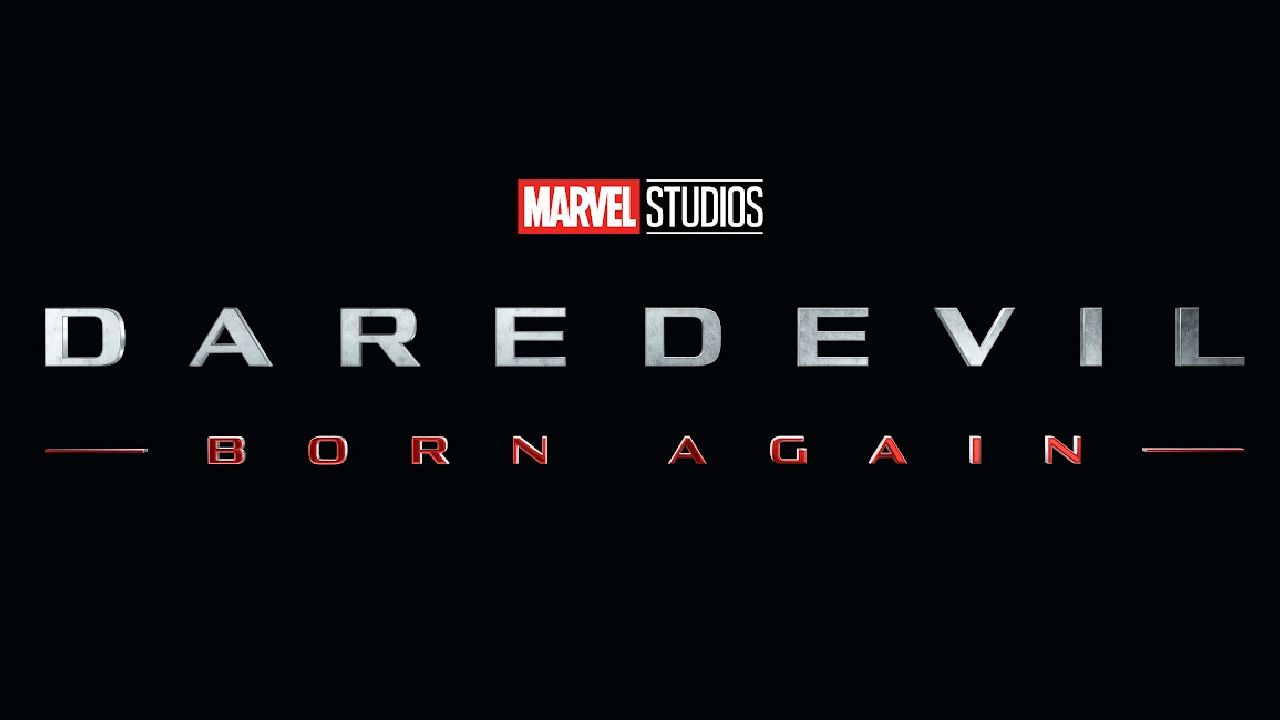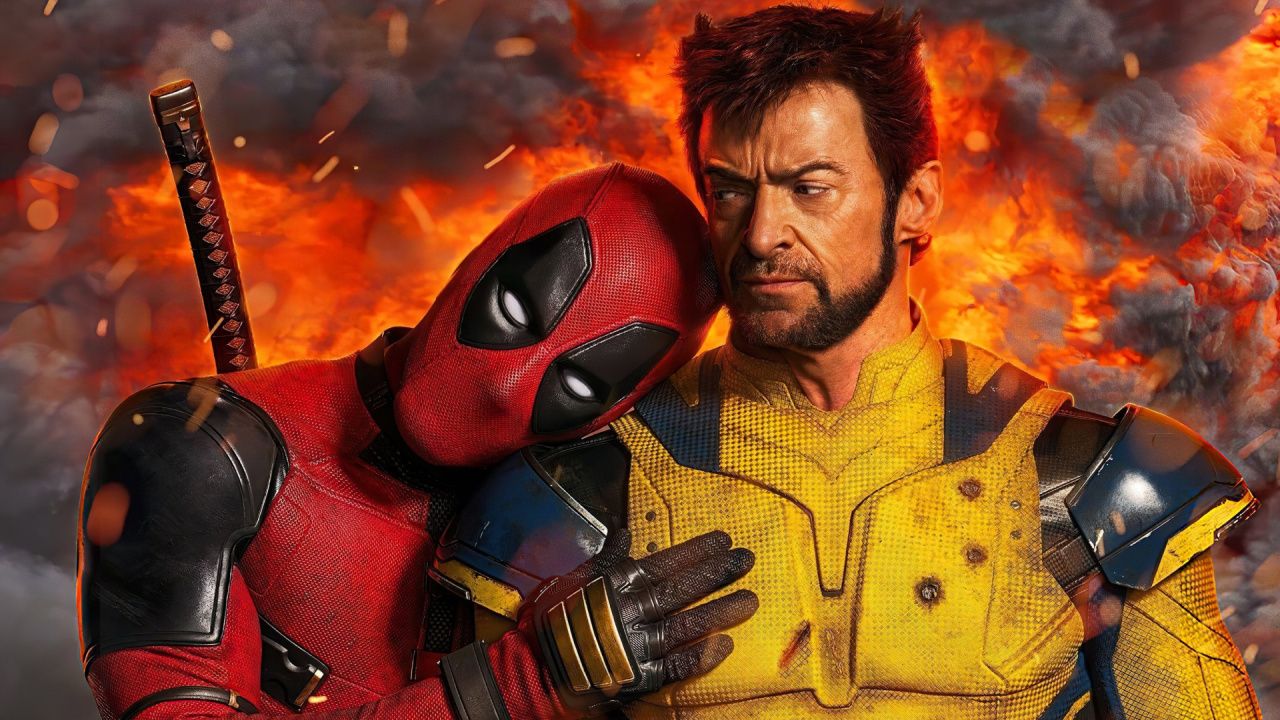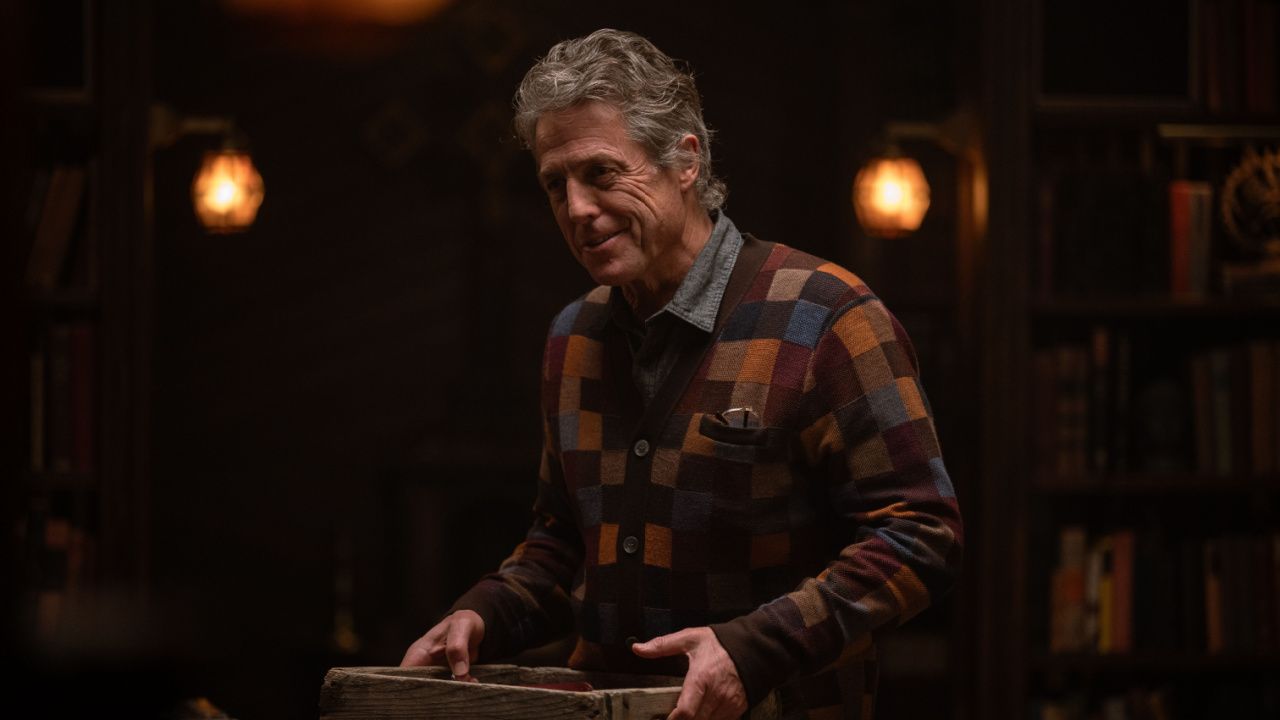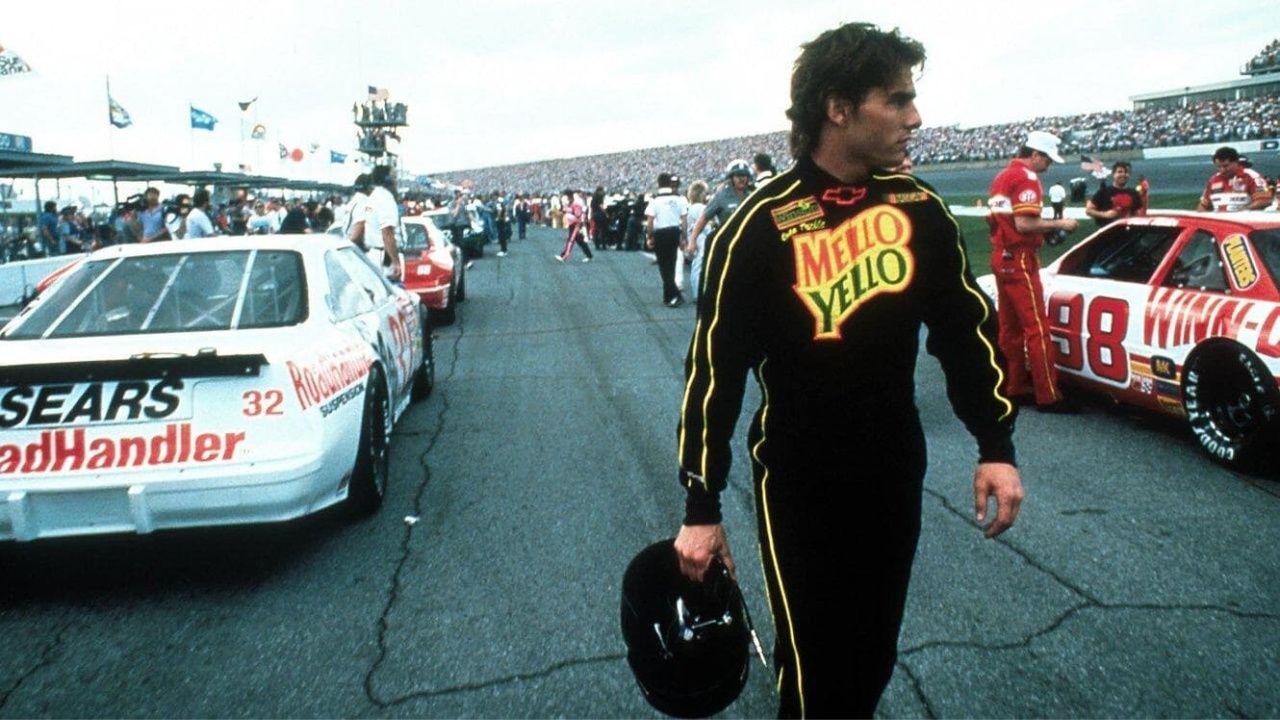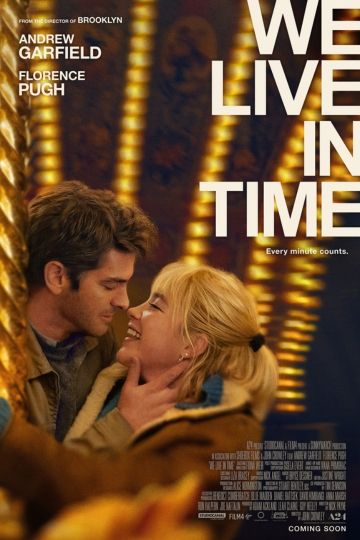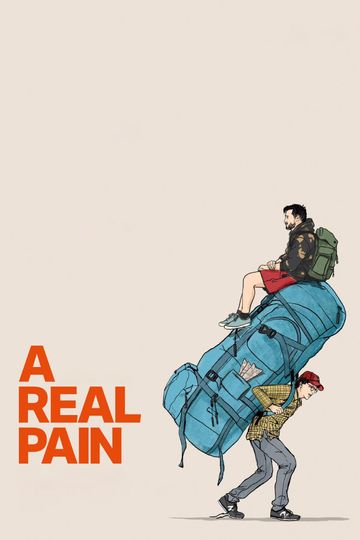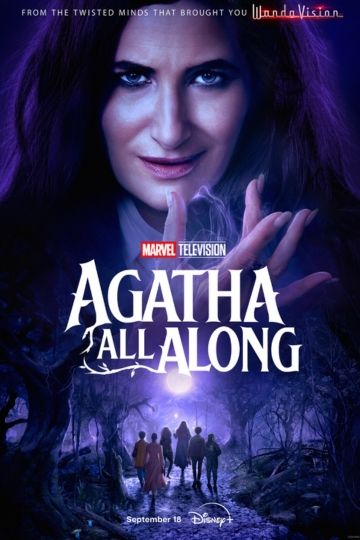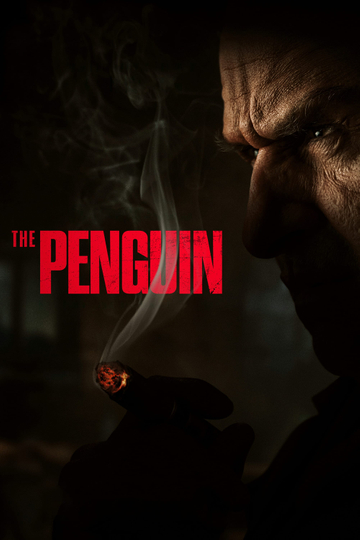What Makes 'Rick and Morty' TV's Most Ambitious Animated Series
Television animation is going through something of a renaissance in the past few years, and it shows no signs of stopping. What's fascinating is that, due to the relative safety of network television and the all but abandonment of the Saturday morning cartoon programming block, animation has flourished outside of the traditional boundaries, with cutting-edge programming coming from places like Nickelodeon ("Avatar: The Last Airbender" and its companion series "The Legend of Korra"), Netflix ("BoJack Horseman"), and Disney XD ("Star vs. the Forces of Evil," the dearly departed "Gravity Falls").
But no one is pushing things quite as far as Cartoon Network. Not only are they committing to gentle, gorgeous miniseries like Patrick McHale's "Over the Garden Wall," but their Adult Swim programming lineup is home to some of the weirdest, most out-there animated series ever (those of us that watched "Liquid Television" on MTV in the '90s are having some extreme flashbacks). And the crown jewel of the Adult Swim broadcast (and indeed Cartoon Network as a whole) is its highest rated, most boundary-pushing marvel, "Rick and Morty."
"Rick and Morty" started off as a crass "Back to the Future" parody called "The Real Animated Adventures of Doc and Mharti" (feel free to look it up, but keep in mind that it's tres NSFW) that creator Justin Roiland came up with for Dan Harmon's Channel 101 film festival. When Adult Swim approached Harmon about creating a new television series, he thought of Roiland and his perverse parody. So the show was altered, removing any punishable copyright infringement and given a more grounded emotional base, with Rick (formerly Doc) being an estranged mad scientist father who drops in on his daughter's family and whisks her young son Morty (formerly Mharti) on a series of far-flung adventures that sees them crossing both time and space. Roiland does the voices for both of the main characters. It's wacky as hell. But it's also the most ambitious animated series currently on television.
The first thing you'll understand when watching an episode (any episode) is that the show is insanely complicated. Not that the family dynamics are that hard to figure out -- the would-be patriarch Jerry Smith (voiced by Chris Parnell) is threatened by Rick's return, teenage daughter Summer (Spencer Grammer) feels lost and insecure, and so on. But the multitude of alien species, bizarre planets and parallel dimensions will have your head spin. Seriously. The show has only been on for two seasons (its third season just started this past weekend) and there are countless You Tube videos offering crazy theories and hypotheses. There's a fairly open dialogue about how real the two main characters on the show are.That's crazy and awesome and sometimes dizzying. In the first episode of this season, aired earlier this year as an April Fools' Day surprise, we see that Earth has been taken over by a race of insect bureaucrats. There's an offhanded joke about how the children have aged differently under this regime. It's funny, for sure, but something of a throwaway. But during the second episode, which aired this past Sunday and is set largely in a world inspired by "Mad Max: Fury Road" (of course), Jerry's wife, Beth (Sarah Chalke), says something about how the kids (replaced by robotic doppelgängers) are being typical millennials. Then she pauses. "Or are you in your forties now?" she asks. It's a call back to that first episode of this season, which aired a few months ago, and a joke that flitted by mostly undetected.
It's those kind of interlocking gags that both serve the plot and are incredibly hilarious, that make "Rick and Morty" unlike anything else on television. The amount of Easter Eggs and hidden messages are overwhelming; again look to YouTube for the full spectrum. One of my favorite things is how "Rick and Morty" aligns with "Gravity Falls," which aired on a completely different network run by a completely different corporation but referenced one another thanks to the ironclad friendship of Roiland and "Gravity Falls" creator Alex Hirsch. "Gravity Falls" might be over but there's a possibility it could live on in the background of "Rick and Morty" somewhere.The show is also ambitious in how forcefully it's become an aspect of popular culture. Before its second season had even premiered, merchandise was already flooding into shops around the country, and Roiland and Harmon had created a "The Simpsons" that was arguably funnier and more inventive than that entire season of "The Simpsons" ("They did an episode where George Bush was their neighbor," Rick helpfully reminds us.) This kind of cross-platform ubiquity is hard to establish for a show that has been on for years but "Rick and Morty," which has a clear dialogue with popular culture, sending up and subverting key aspects of science fiction in new and refreshing ways.
So it makes sense that would embed itself, like some kind of venomous space-tick that Rick and Morty come across on one of their adventures, in the larger social consciousness. And what's more -- the culture has been remarkably responsive. A gag in the Season 3 premiere centered around Rick returning to an imagined version of 1998 so that he could relive his infatuation with a Szechuan dipping sauce from McDonald's (a promotional tie-in to Disney's "Mulan"), and just last week a chef from McDonald's sent Roiland a vat of the stuff.
But it's important to remember that the show isn't just a send-up of classic science fiction -- although, that is obviously a huge part of the appeal. What makes "Rick and Morty" so special and ambitious is just how emotionally grounded the series is. This past week's episode, while based on "Mad Max: Fury Road" and featuring a subplot where Morty is injected with a serum that gives him a giant muscular arm, is actually a fairly moving look at how the different family members are dealing with the impending divorce of Jerry and Beth. It's as touching as it is funny and it's totally, wonderfully ambitious.












